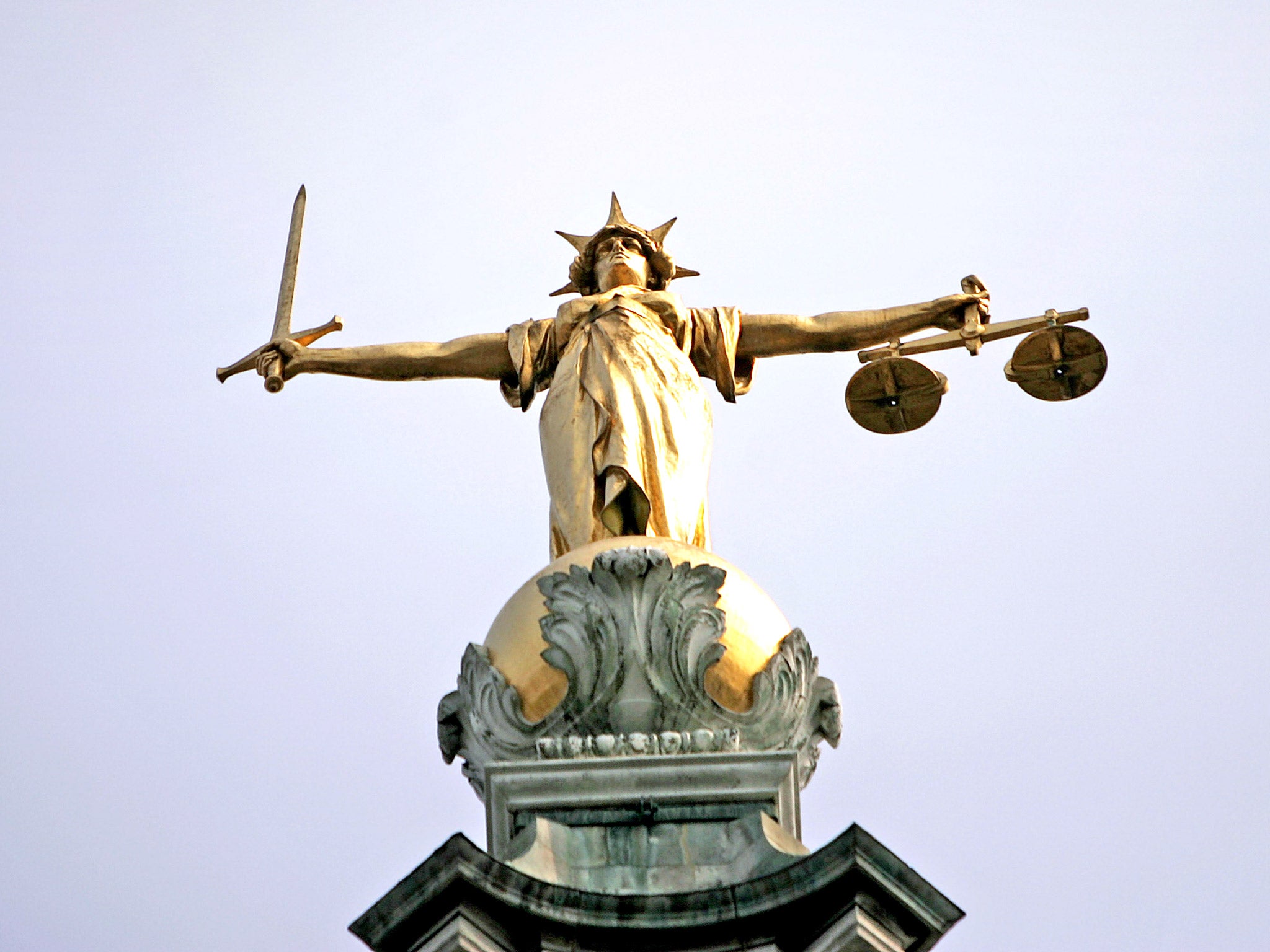'Prosecute jurors for internet research on their cases'
Law Commission calls for statute 'giving greater clarity' rather than current use of contempt laws

Jurors who do their own research on cases before them should face criminal prosecution, the Law Commission has said.
The call comes after a number of jurors have been jailed for using the internet to supplement the evidence presented to them in court. It has been welcomed by the Attorney General, who said the Government will discuss the idea more formally.
Currently judges at criminal trials direct jurors as to what they can and can't do. This would include not using the internet or any other source to find out more about the case. Jurors face action for contempt of court if they disobey those instructions.
But the commission, an independent statutory body which keeps the law under review, says this leads to inconsistency and can generate confusion.
A Law Commission spokesman said: "The Commission's recommendations will also help to clarify for jurors what they can expect if they do search for information on the trial.
"Jurors accused of this form of contempt are currently tried in an unusual procedure in the Divisional Court.
"Under the Commission's recommendations, jurors who search for information in this way would be committing a criminal offence and be tried in the Crown Court in the usual way."
The Law Commission also recommends extending the defences available to jurors who disclose their concerns after a trial that there had been a miscarriage of justice.
At present, jurors can alert the court if they are worried about the way in which a jury's deliberations are taking place.
But, the Commission's spokesman said, there would be some cases in which jurors needed to report concerns after a case was over.
The Commission is recommending that if proceedings had concluded, a juror who feared that there had been a miscarriage of justice should be able to take his or her concerns not only to the court but also to the Criminal Cases Review Commission and the police.
Attorney General Dominic Grieve QC said: "Juror contempt is a serious risk to justice but people are often not aware of the consequences.
"The Law Commission's proposal to make it an offence for jurors to search for information about their case on the internet or by other means would make the position absolutely clear and would, I hope, reduce the need for future prosecutions.
"I will now need to discuss the recommendations carefully with my Government colleagues before we respond formally."
The Law Commission recommendations come after a series of cases in which jurors have faced proceedings for contempt after researching cases on the internet.
In July, Joseph Beard, 29, was jailed for two months after being found to have committed contempt while sitting as a juror at a trial at Kingston Crown Court by doing internet research about the case.
In January last year, university lecturer Dr Theodora Dallas was jailed for six months - she was ordered to serve half of the term, with the rest spent on licence - after telling fellow jurors that she had discovering on the internet that the defendant in the trial in which they were sitting had once been accused of rape.
Dr Dallas is now trying to take her case to the European Court of Human Rights in Strasbourg.
Bookmark popover
Removed from bookmarks